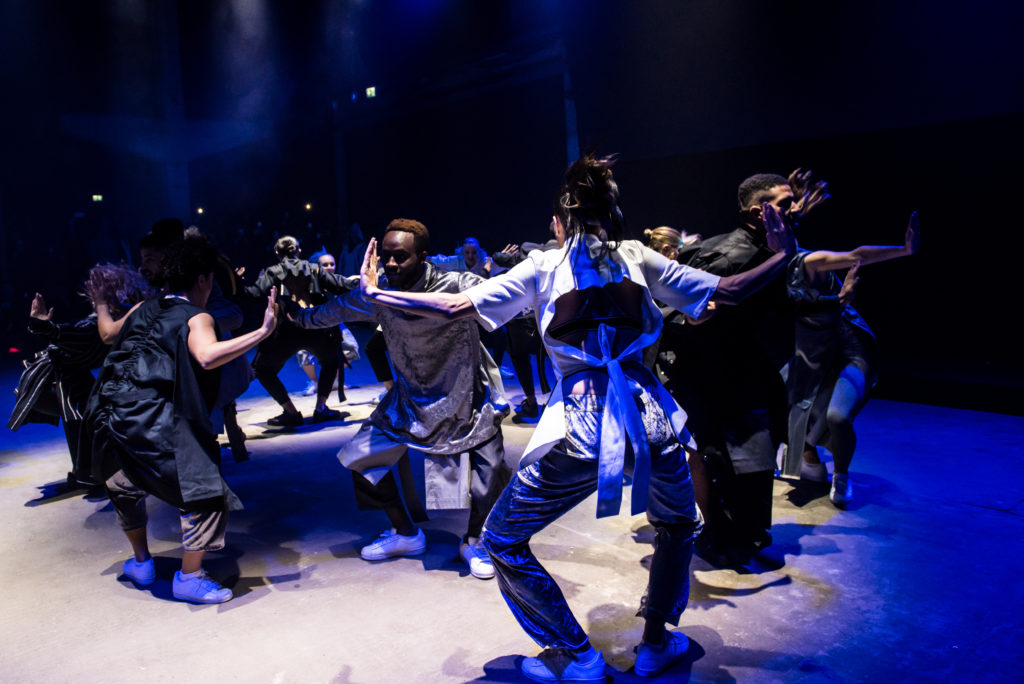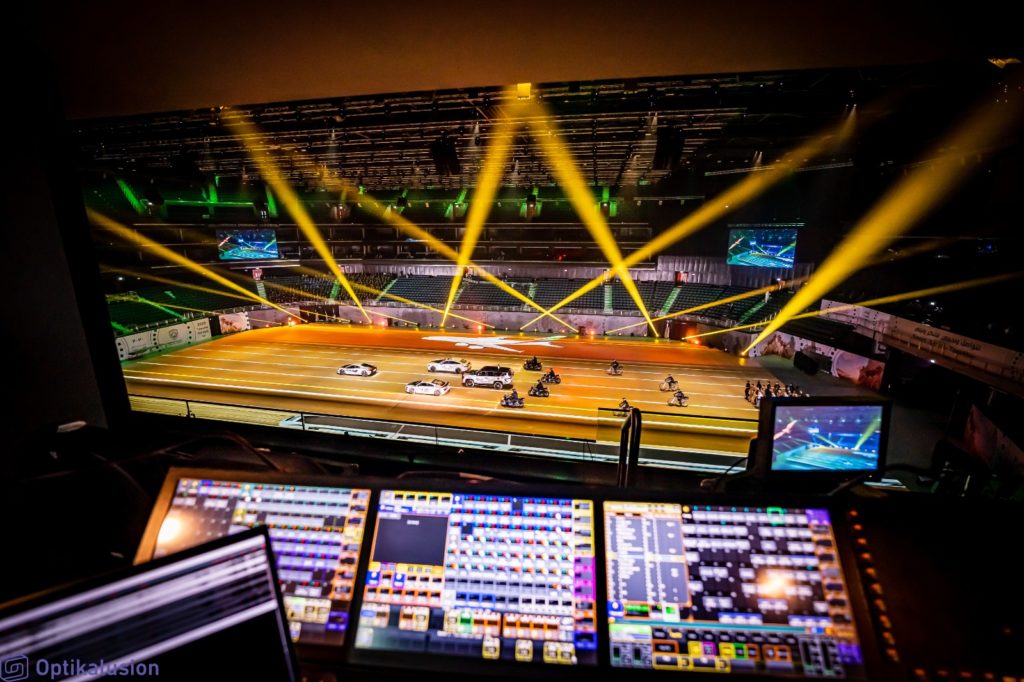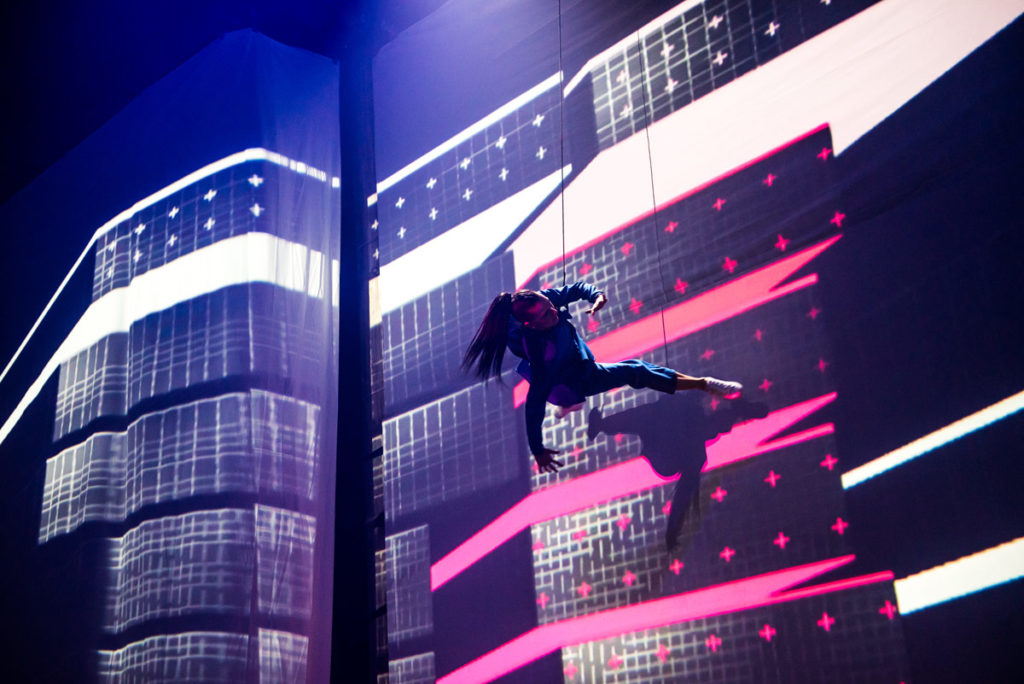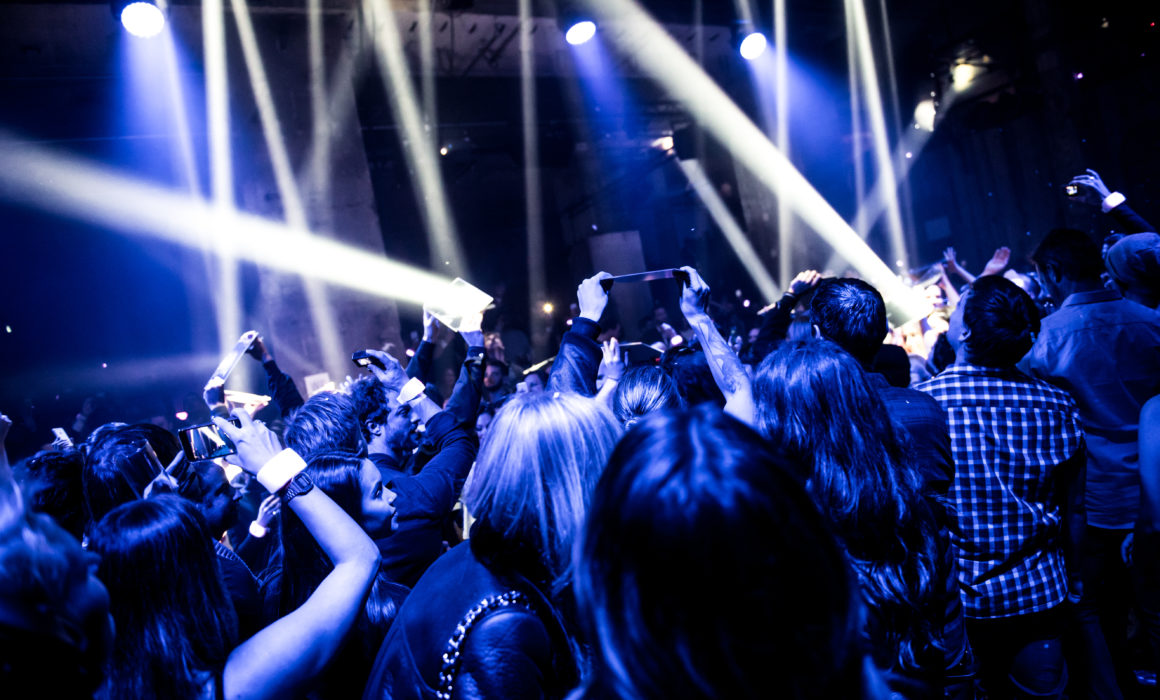The Future of Live Events: Welcome to Hybrid Culture
The COVID-19 pandemic has put the event industry on hold. For months now, we witnessed the postponement and cancellation of major sports, music and cultural events. Some events have moved to the digital realm, with creatives finding new ways of remote production. It is now clear that this new state of the world is here to stay. The events and entertainment industry, like many others, will inevitably face a process of deep transformation. The million-dollar question amongst experts, companies and creatives is, therefore: how are we going to experience live moments in the future?
Nothing is certain when the world is in flux
There is no one definite answer to this question, but rather many moving parts ready to be utilized for a variety of responses. Talking about the future of events means talking about a mindset, a way of working, a method to figure things out as you go.
To most people, this is not actually new. We are all familiar with the trial-and-error approach and what it means to learn by doing. What is initially crucial in this case, is to find sparring partners and collaborators you can trust, and allowing yourself to actually figure the situation out together. Don‘t get stuck in the ‘how things were supposed to be’. If you do, you will miss the opportunity to create something unique and wholesome.

© Marcel Schwickerath
Back to square one: What makes a live moment special?
When we attend a live event, we are experiencing ourselves as individuals within a staged reality, such as a live music concert of our favourite artist or an inspiring keynote lecture. What makes these live moments special, is the effortless transition from an “I” to a “we” in the most diverse, unimposing, and sometimes exhilarating way. Live moments are therefore creative in the purest and most spontaneous form, as they are formed and constituted by every passing moment of our collective presence.
The magic of a live event is born when a story moves us when a story allows us to identify with it and to immerse ourselves in another world. We make memories through experiencing such stories that have come alive, and we, therefore, keep sharing them, off-and online.
Whether it’s a movie, an ad campaign or a late-night drink with our best friends – they all embody stories to be told. Stories are not flat, but a multi-dimensional world to be experienced and interacted with. Stories are full-body experiences, lived individually and collectively, irrespective of the format.

© Chris Moylan
How ‘live’ can we be in times of Corona?
It is evident that the live events sector is likely to reopen last. Crowds in indoor spaces have repeatedly become the epicentre for infections. Surveys from McKinsey have shown that people remain hesitant to travel internationally and attend large scale events, despite markets reopening. Case numbers, as well as regulations, differ from region to region, making it harder to plan large scale events that used to depend on suppliers and audiences coming from all around the world.
Event organisers have therefore moved to the digital realm, such as in the case of the Build Conference by Microsoft or the Tomorrowland Festival. Live broadcasting and event streaming is an integral part of these formats, and many events are being planned in that way as of today. While virtual events are entertaining and uniting too, they cannot replicate the physical experience. Acknowledging this early allows us to move on and use a broader set of assets.

© Marcus Zumbansen
Hybrid Events
A hybrid event by definition is a physical experience which is extended by an online audience. This set-up is still bound to safety regulations. Since the size of live audiences is restricted, the emphasis shifts almost entirely to the virtual audience and how to cater to them in the most engaging way. During my time at battleROYAL, I’ve experienced a successful way within these boundaries which comes down to three essential elements:
The Startup Mindset
This is a moment in time in which we are collectively asked to push for innovation and the transformation of ‘how things are done’. Trying to translate the old ways through digital means will simply amplify all the things that haven’t worked before in a live setting: boring keynotes, dry panel discussions, and glassy-eyed audiences.
Startups have been disrupting markets for ages now. Taking on their process of ideation and prototyping & testing allows us to truly embrace our teams’ creativity and ability to make decisions together. We need to think about disruptive innovation in the events space.
Data-Driven Creativity
For our team, technology has always been the backbone of our creative work and process. Yet, this has never been just about implementing as much new technology as possible. Being techy for tech’s sake never worked for us. Our ultimate goal is to create meaningful moments for your audiences, crafted intentionally with the power of storytelling and technological drive. Technology can inform the creative process, but what makes an event of any kind truly engaging and meaningful, are the stories told and shared.
Collaboration
Producing hybrid events opens up a new field of experimentation. It is inevitable that this process is one of collaboration and co-creation, ideally including all stakeholders and departments early on. Innovative ideas come to fruition in interdisciplinary, cross-cultural environments. That said, don’t forget about your audiences who are open to new formats and experiments more than ever. Simply communicate your process and let your audience in to participate.


